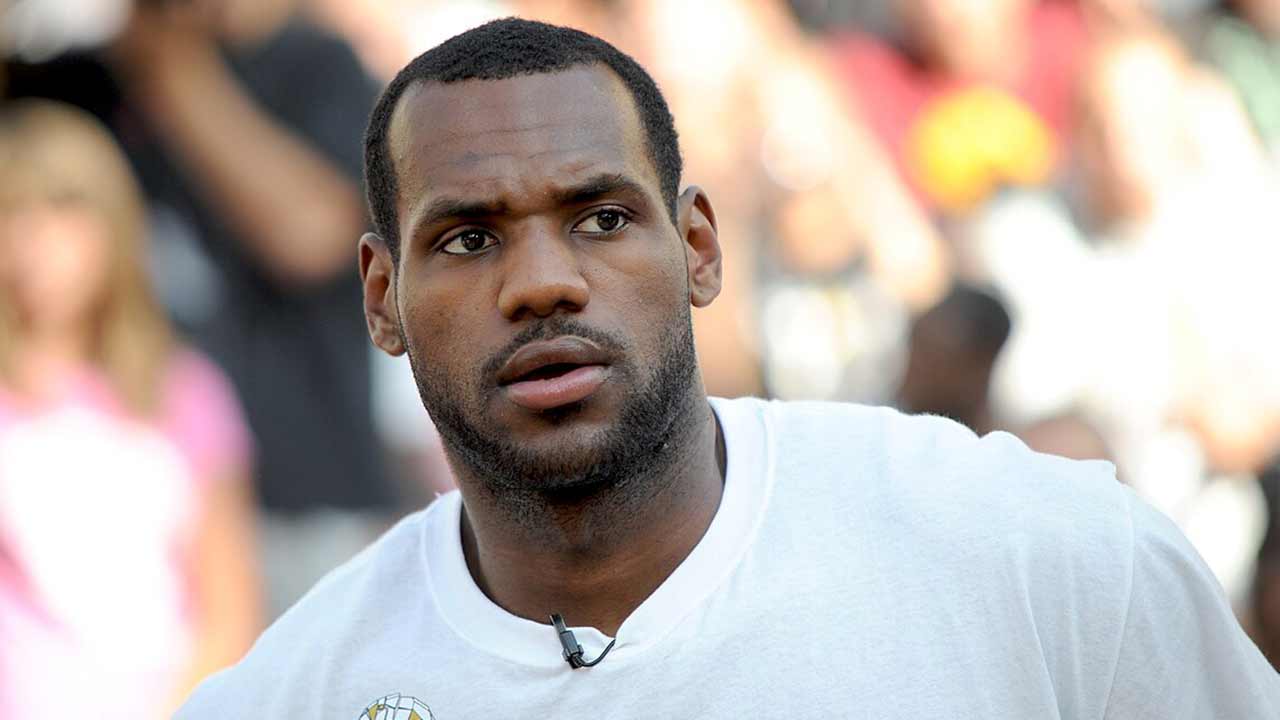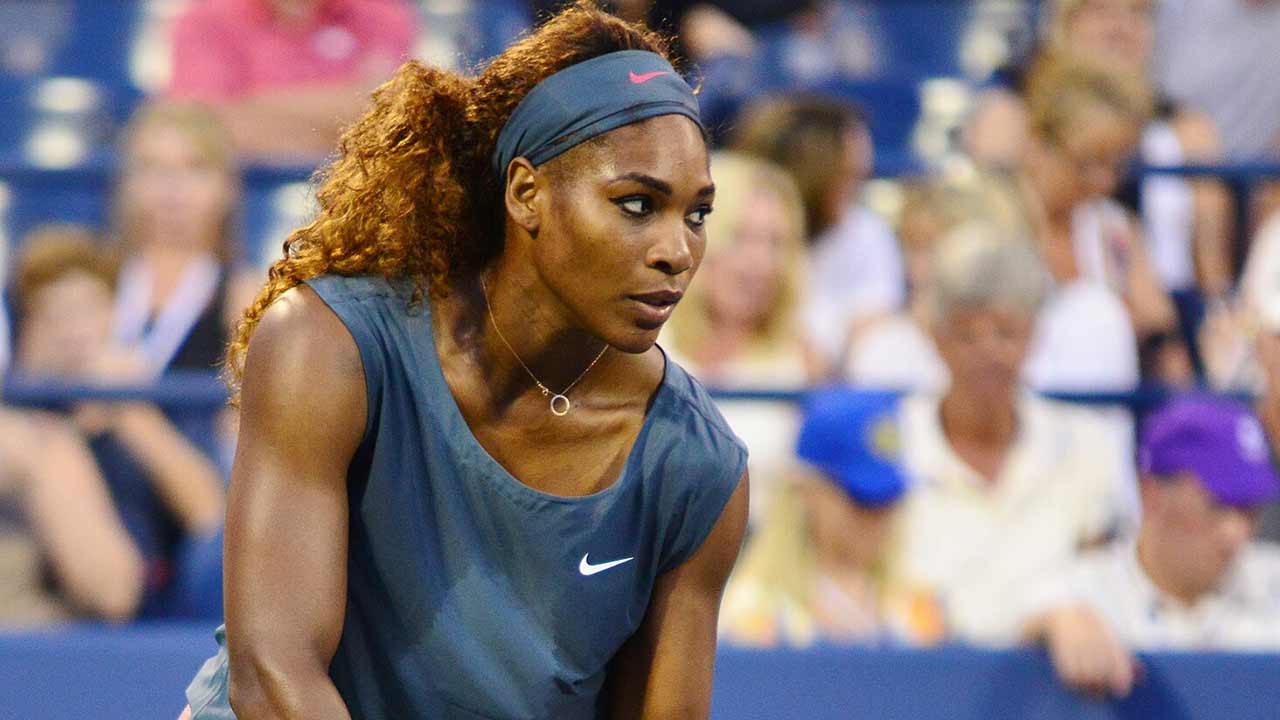LeBron James isn’t just chasing titles—he’s building a financial empire. While most athletes focus on endorsement deals and short-term paydays, LeBron is playing a completely different game. He’s thinking long-term, stacking assets, and setting up wealth that will outlast his playing career by decades. This is what building real generational wealth looks like.
He Turned Endorsements Into Equity
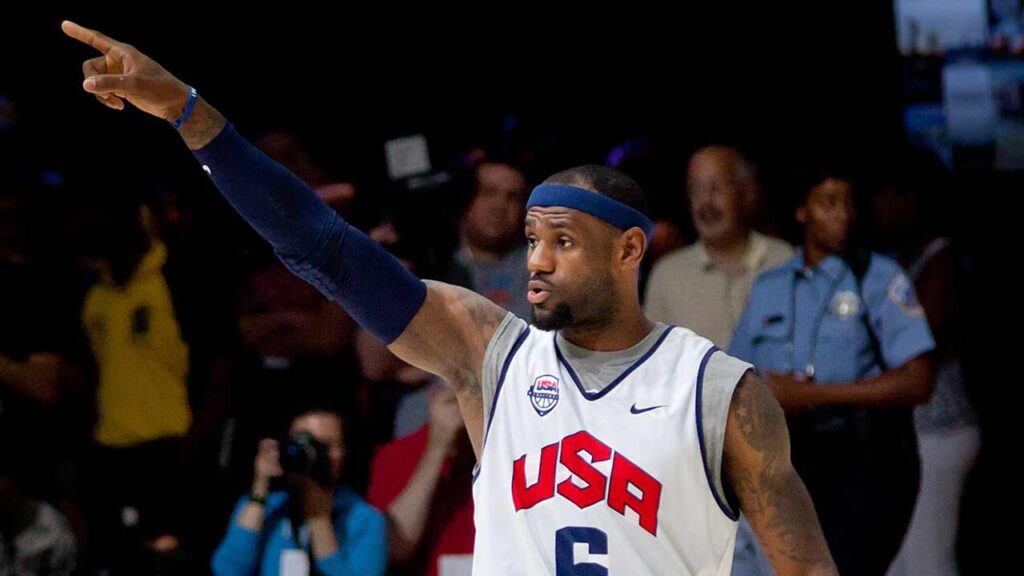
Early on, LeBron flipped the script on brand deals. Instead of just cashing endorsement checks, he started negotiating for ownership stakes. His deal with Beats by Dre wasn’t just promotional—it earned him over $30 million when Apple acquired the company.
Later, he did the same with Blaze Pizza. He invested less than $1 million and turned it into a $30+ million position by betting on a brand he believed in—and actively promoting it.
He Co-Founded a Media Company
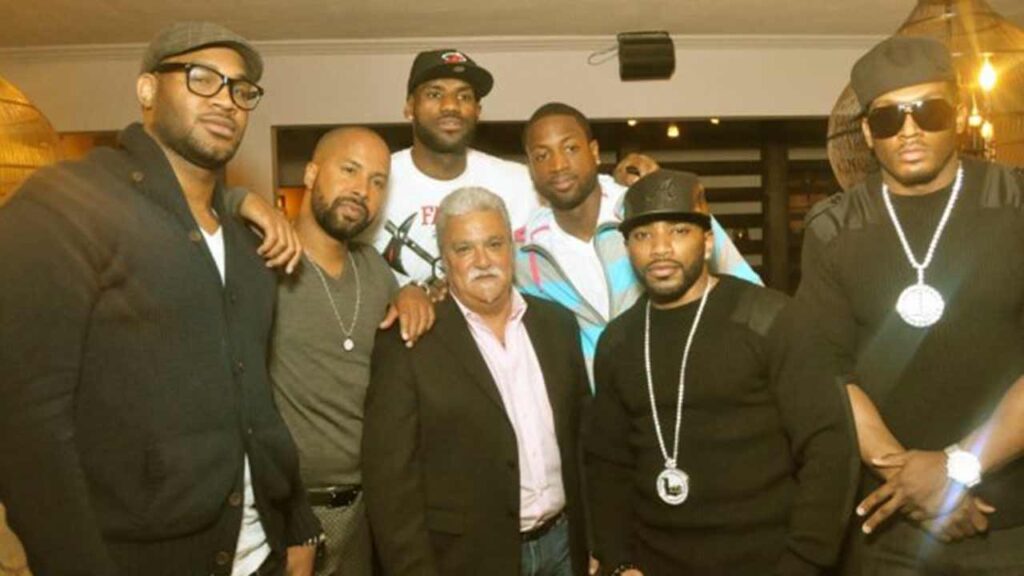
SpringHill Company, which LeBron co-founded with Maverick Carter, is now valued at over $700 million. It’s not just a vanity project—it’s a real media business producing content for Netflix, HBO, and other major platforms.
By owning the production pipeline, LeBron isn’t just appearing in media—he’s profiting from it. That control over storytelling gives him leverage few athletes have ever held.
He’s Building an Education-Based Legacy
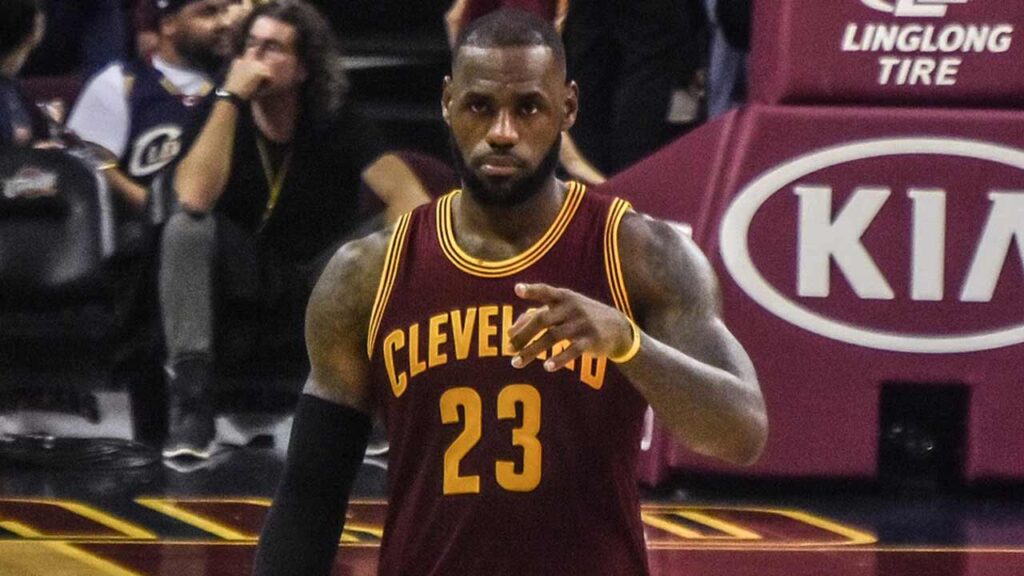
In 2018, LeBron opened the I PROMISE School in Akron, Ohio—focused on at-risk youth. But it’s more than philanthropy. It’s a long-term investment in human capital, with wraparound services, scholarships, and community housing built into the model.
It shows he’s thinking beyond money. He’s building an ecosystem that will impact generations—even if they never touch a basketball.
He Invests Like a Founder, Not a Celebrity
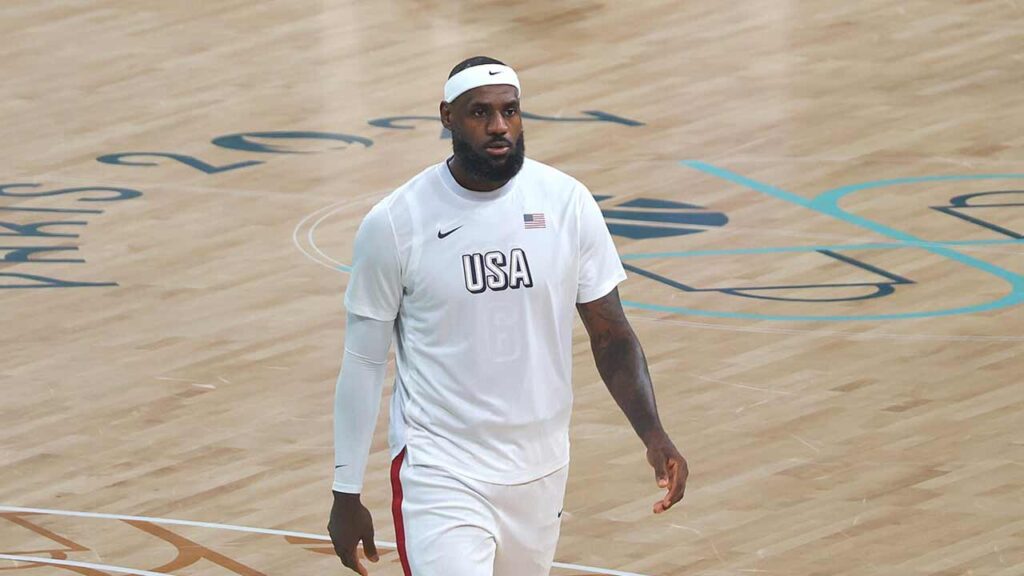
LeBron isn’t throwing money into random startups for the hype. He’s strategic. He was an early investor in companies like Tonal, Lyft, and Ladder. And he’s been known to turn down massive checks if it means giving up ownership or vision.
He moves like a founder—backing teams he believes in and using his brand to create value, not just capture it.
He’s Already in the Billionaire Club
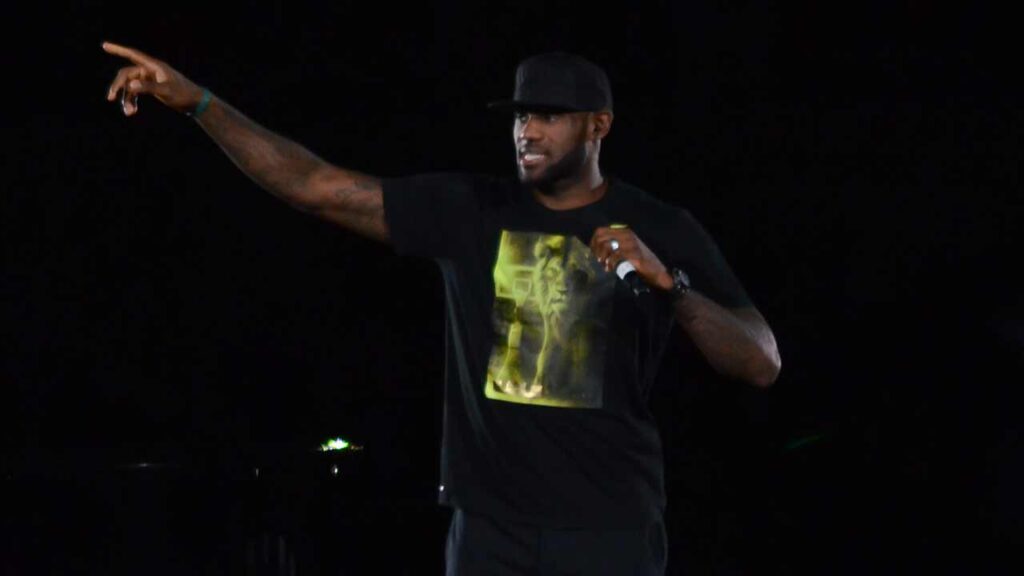
In 2022, LeBron officially became the first active NBA player to reach billionaire status. That wealth doesn’t just sit in one place—it’s spread across sports ownership, real estate, media, and equity deals. And he’s still expanding.
He owns a piece of the Boston Red Sox’s parent company and has expressed interest in owning an NBA team when he retires. The transition from player to mogul is already underway.
The Bottom Line
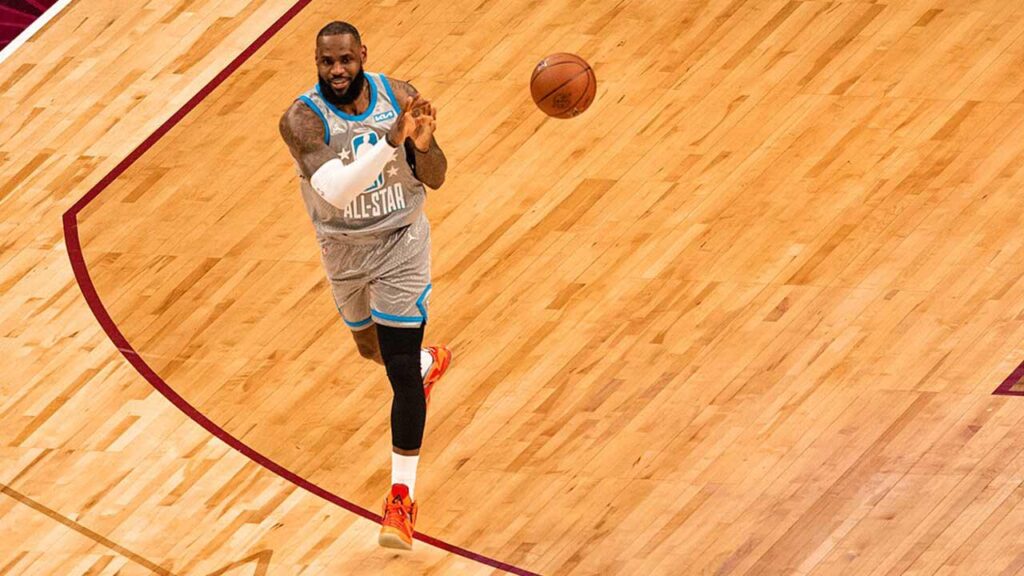
LeBron James isn’t just building wealth—he’s building infrastructure. His moves are calculated, his assets are diversified, and his vision stretches far beyond basketball. It’s not about being rich now—it’s about building a legacy that keeps growing, long after the spotlight fades.

Alexander Clark is a financial writer with a knack for breaking down complex market trends and economic shifts. As a contributor to The Daily Overview, he offers readers clear, insightful analysis on everything from market movements to personal finance strategies. With a keen eye for detail and a passion for keeping up with the fast-paced world of finance, Alexander strives to make financial news accessible and engaging for everyone.
